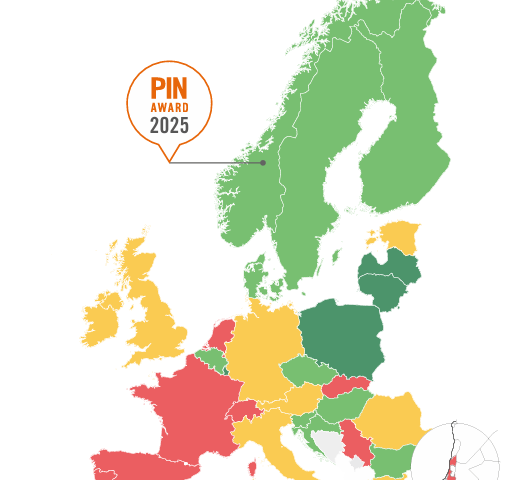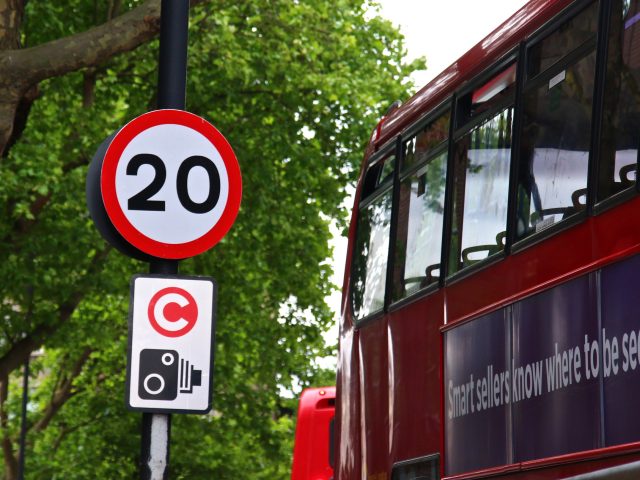New study looks at effects of 30 km/h speed limits
The claim that 30 km/h speed limits lead to increased traffic congestion and higher congestion costs is a myth, unsupported by evidence, according to a new paper by George Yannis and Eva Michelaraki of the National Technical University of Athens.
The study reports that examination of traffic patterns in Switzerland revealed that 30 km/h limits allowed the road system to accommodate cars more efficiently, resulting in faster overall travel times.
Enforcing a general city-wide 30 km/h speed limit is more cost-effective than introducing it gradually, according to the study authors. While there are initial expenses, such as adjusting traffic signals, these are outweighed by the broader costs associated with higher speeds, making the policy an investment in public health.
Meanwhile, vehicle damage claims in Wales have fallen by 20% at one leading car insurer since a nationwide 20mph speed limit was introduced there last September.
Wales was the second country in the world, and the first nation in the UK, to introduce legislation for a default 20 mph limit in urban areas last year.
In Austria, new legislation making it easier for towns and cities to implement 30 km/h speed limits came into force on 1 July.







